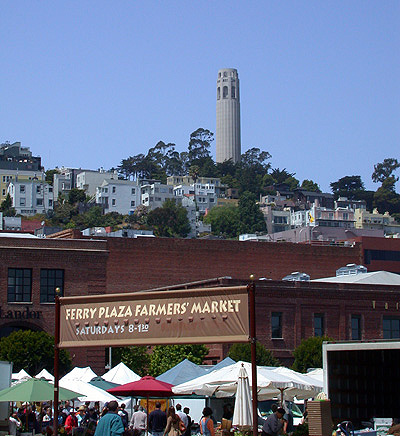I have a confession to make: I’ve not always been a strong voice for standardization.
As much as I believe in the necessity of standards, I was so concerned when the Mozilla organization was strongly chastised for spending time on new innovations rather than implementation of standards that I wrote an article, The Tyranny of Standards, about this for O’Reilly.
However, there is a difference between pushing back at standards groups because of wanting to protect what I still consider one of the most innovative technology applications of this time, and pushing back because an organization or a person refuses to acknowledge that it’s time to let go of a technology that has outworn its usefulness.
With the upcoming release of Mozilla 1.0, it’s time to say good-bye to Netscape 4.x. It’s time to close this chapter in our lives. It’s time to abandon LAYER and ILAYER and BLINK and move on with our browser-based lives.
After my posting yesterday, both Allan and Jonathon wrote their own views about supporting Netscape 4.x.
Allan, who has a web development company, wrote:
Our small company, which definitely can’t afford the time, let alone anything else, to cater to the whims of an outdated browser, has explained the situation to our new clients.
And, we must have been persuasive, as they’ve all agreed to let us support web standards as far as we can for their sites.
The lavish days of the dot-com boom are gone and most development work on the web is lean and mean and pared down to the essentials. As Allan says, companies can no longer afford the amount of time and resources to expend on a browser that has been replaced by not just one but several different options — Internet Explorer, Netscape 6.x, Opera, and now, Mozilla.
And Jonathon wrote:
So why is it that Netscape 4.x users—who could easily upgrade to a standards-compliant browser—put their desire to use an obsolete browser above the needs of all other Web users? Not just above those with disabilities who benefit most from accessible sites, but above everyone who uses a modern browser. And why are they so frequently arrogant about it? As if using a tenth-rate browser is a mark of distinction.
Arrogance. Is that why Netscape 4.x users refuse to upgrade? Or are there other reasons?
I had an email from a reader who mentioned that her company can’t upgrade their browser because of security. I can see that there might be concerns about upgrading to IE, but what about Netscape 6.x or Mozilla? Or Opera?
I created an online tutorial demonstrating how to use Mozilla’s XUL that I had to remove as the browser continued through it’s many pre-release betas. With the soon to be released version 1.0, I would like to spend time with this tutorial; to update it for 1.0, to try out any new technical goodies being released with 1.0, and generally have a bit of fun with Mozilla.
I can either spend time trying to make sure that this weblog page shows equally for people using Netscape 4.x, or I can use the same time to update my Mozilla tutorial. There is no choice here — I choose to look forward, not back.
Netscape 4.x. You were a good friend at the time and you helped show us that we can do more on the web then click a hypertext link. But It’s time for you to say good-bye. And it’s time for me to post to my weblog:
Netscape 4.x NOT supported here.


